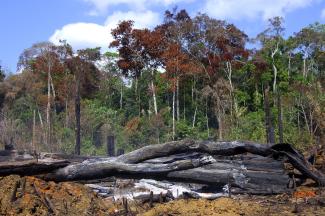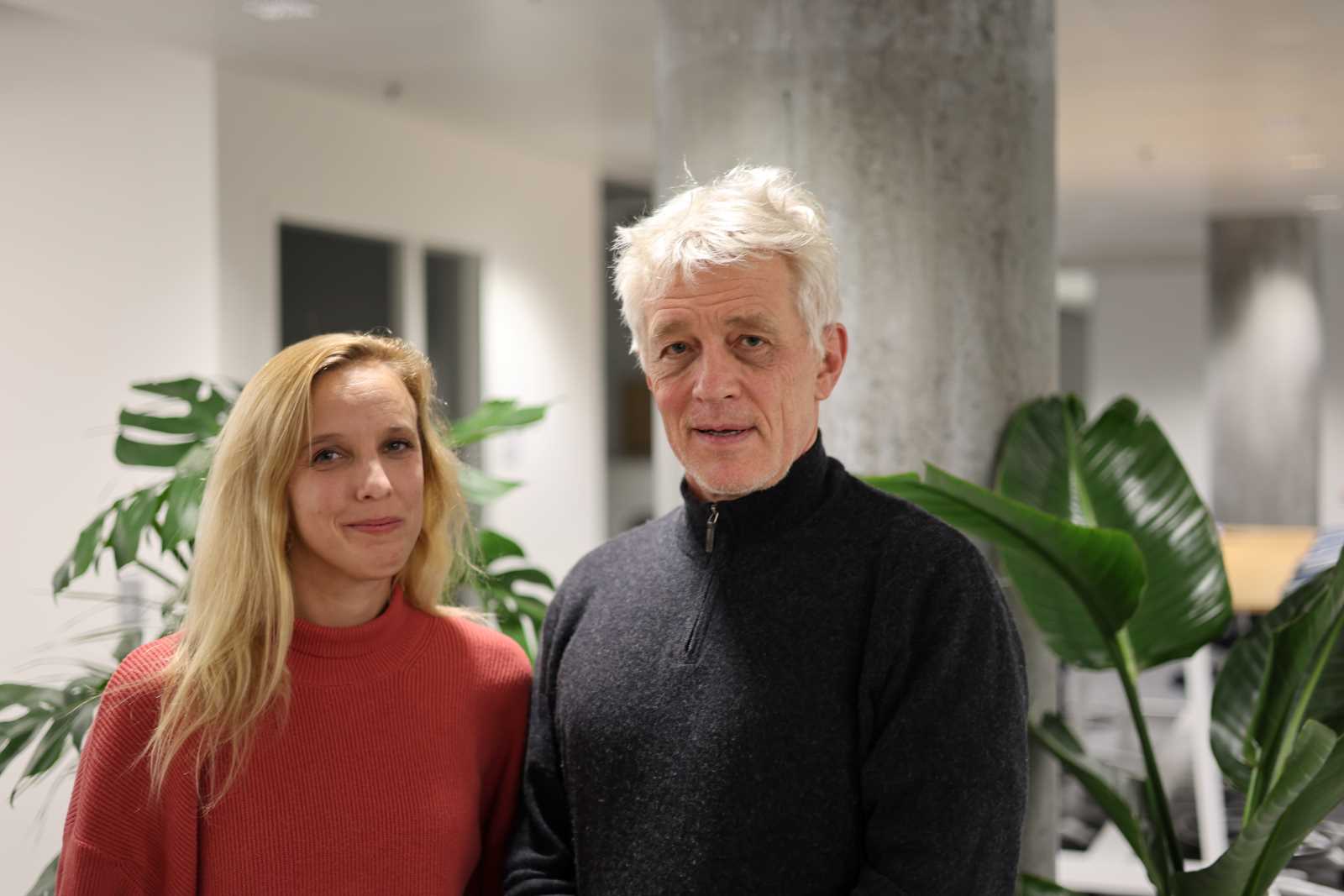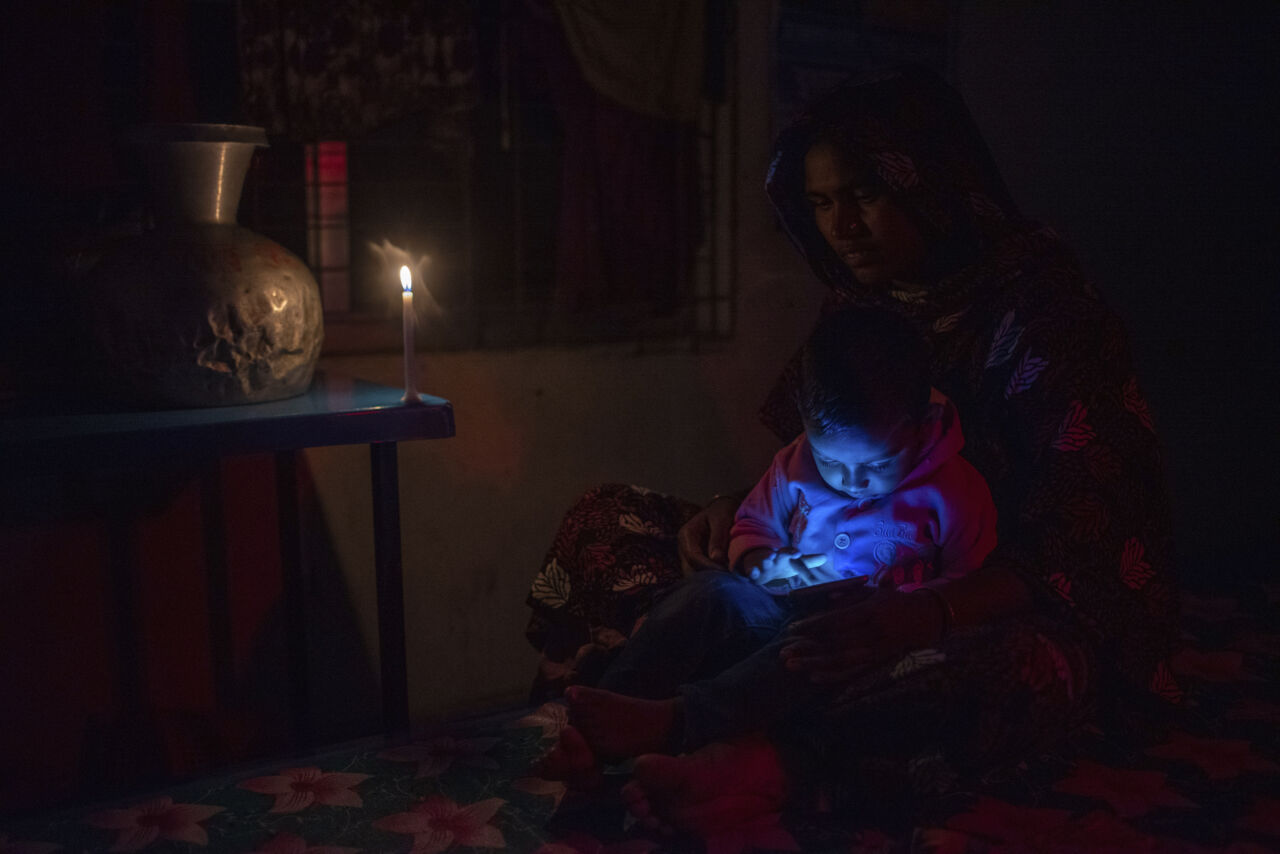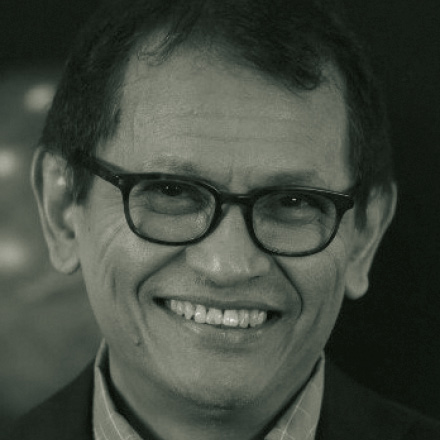Technological choices
The downsides of green growth

In recent discourse, green growth is primarily a slogan, rather than a clearly defined concept. The slogan is powerful nonetheless. It serves to mobilise potentially huge investments. It is necessary to understand how this slogan is interpreted and how it is used to justify certain types of actions.
Proponents of green growth tend to promote the transfer of a set of technologies that are supposed to serve environmental sustainability and growth at the same time. The idea is that we can move to a greener economy without sacrificing growth-oriented paradigms.
In the general debate on poverty and growth, however, it is mostly acknowledged that growth is only a condition, but not a guarantee for poverty alleviation. Nonetheless, people who promote green growth hardly ever raise this issue. They should. Decades of development cooperation have taught us that no technology can be indiscriminately applied to every socio-economic context. It is always necessary to consider the implications within the micro dimensions of the political economy of poverty.
Wrong focus
The focus of green growth strategies is on technologies, rather than on who will use them – and how. That must change. We need to consider how exactly green-growth strategies will benefit the poor. If, on the other hand, the users of the technology are not the poor and climate vulnerable, the indirect impacts on them must be assessed.
Green-growth rhetoric often suggests the existence of "win-win" solutions. In truth, adaptation to climate change is a complex challenge. Every green-growth policy, for instance, depends on natural resources. The most important are probably land and water. Access to these resources is contested almost everywhere. Unless we know how the application of a new technology will impact on the distribution and use of land, water and other vital resources, it is impossible to tell whether it will serve or hurt the poor. All too often, however, the related questions are not even asked.
If the goal is to fight poverty, the focus must be on the people who are exposed to climate impacts and environmental risks, but who have only limited capacities to manage these risks. Instead, the starting point for analysis tends to be how to implement a given technical solution, the merits of which are taken for granted. There is too little concern for empowering people to make their own informed decisions. Such lack of respect for local people’s needs and desires, however, is a recipe for failure.
Experience gathered in agricultural extension programmes illustrates these concerns. All too often, pre-designed technology packages fail to reach the poor because the target group chooses not to adopt them, or does not adopt them in an appropriate way. Extension workers are used to being blamed for such failures. The root problem, however, is normally that the technology package was not designed well in the first place, so it does not match the way farmers think about productivity, commercialisation, household food security and related issues.
One example of such mismatches is that smallholder farmers, particularly in remote regions, normally minimise risks rather than maximise output. Their attitude makes perfect sense since their families must subsist on what they grow on their farms. Most extension programmes, in contrast, are geared to boosting output rather than securing the minimum needed for survival. On the other hand, I have also met smallholders that were not interested in the kind of eco-friendly conservation agriculture that extension workers were promoting. The reason was that the farmers expected to make more money by doing casual labour than by trying to increase farm yields by doing what the extension workers proposed.
Neglected, but relevant criteria
The point is that poor people must be empowered to take control of their own lives. That is what a human-rights understanding of development demands. Poverty issues must be seen in a context of rights holder and duty bearers (see box on p. XXX). For the purposes of this essay, I will apply the Swedish government’s concept of human-rights based development. It emphasises participation, transparency, accountability and non-discrimination. These criteria are normally neglected in green-growth discourse, but they can help to judge whether a strategy is pro-poor or anti-poor.
Programmes that are designed to promote specific technologies typically do not give poor people much scope for raising their voices towards duty bearers. Rather, the politicians and bureaucrats involved tend to consider popular participation to be a kind of obstacle. Trying to override people’s concerns, however, is a recipe for failure.
Many green-growth strategies, for example, involve a positive reconsideration of large-scale commercial farms, often producing biofuels. Such farms are seen to contribute to growth and provide an easily measurable contribution to environmental goals. The problem is that it is by no means guaranteed that poor people will be able to participate in such new opportunities. They may be flatly excluded, or they may find that working on these farms is such an uncertain, seasonal and limited opportunity that they choose to invest in other, less green alternatives.
Indeed, if bio-fuel production on mega-farms results in labour displacement from small farms that operated on the same land previously, the result may be environmental destruction. That is the case when the displaced people see no alternative but to start farming on marginal, sloping land or burn down forests in order to make place for new fields ("swidden agriculture"). Unless the poor are meaningfully involved in decision making, green-growth policies can thus prove utterly counterproductive. That is true even in an environmental sense.
If, on the other hand, marginalised communities are to participate in decision making, they must understand the options at hand. Providing this kind of transparency is not just a matter of "awareness raising", as it is very often framed in climate discussions. It is a matter of helping people to objectively consider the pros and cons of any choice in relation to a broad range of goals and opportunities. Many issues need to be considered apart from the environment, including food security, livelihoods, cultural values and social relations.
Commitments to such multidimensional transparency, however, are rare when green growth is promoted. There are, for example, many calls for agriculture extension to simply promote diffusion of supposedly green technologies with no due attention to helping people to decide for themselves what they want. It is taken for granted that experts know what is best.
Accordingly, the win-win rhetoric around green growth often leaves people in the dark about the difficult choices ahead. Assumptions that resistance to the green-growth agenda should be addressed by mere awareness raising prove that climate-activism has not learned the lessons of decades of development cooperation.
The principles of participation and transparency imply that duty-holders must be made accountable to rights bearers. The duty bearers are primarily state agencies, but also donor agencies. Regrettably, the latter are setting the climate agenda in many countries. The accountability of public institutions is a core tenet of democracy, of course, but it cannot be taken for granted in many developing countries. There are worrying signs, moreover, when even green-growth proponents from donor countries call for the kind of "strong" political leadership that can "make the trains run on time". The sub-text of such demands is a concern that politicians are "too accountable" to populations who are not happy with green growth.
Who is accountable to whom
The main question in relation to poverty and vulnerability is that of "who is accountable to whom". If poverty alleviation is the goal, policymakers must be made accountable to those who are highly vulnerable to climate change, including pastoralists, swidden agriculturalists and those who depend on non-timber forest products.
The communities concerned rarely make up a large proportion of the electorate, and it makes matters more difficult that they often belong to marginalised ethnic groups. Involving them in a discourse of political accountability is certainly not easy, but violent conflict becomes more likely where that is not done.
For good reason, non-discrimination is the final criterion of the human-rights approach taken in this essay. Gender is an important aspect in this context too. As argued above, large-scale farms are often a component of green-growth strategies. It matters, however, that this sector is principally a male domain in many countries.
Women’s strategies to adapt to climate change often centre around ensuring household food security through diversification. Where "growth" is a feature of these smallholder systems, it is often with a small "g", for example through small-scale sales in local markets. Such coping strategies are very important, but they are hardly considered by those who draft green-growth programmes. One consequence is that existing patterns of gender discrimination are likely to be aggravated. This is hardly a new lesson for anyone familiar with gender relations in rural development, but the sad truth is that green-growth policies tend to neglect the lessons of development cooperation.
Conclusion
We know a lot about the challenges of combining dynamic growth and inclusive growth. We know it is not easy. Green growth as a slogan is not problematic if we apply the due diligence that we have learned to expect of development programmes. Human-rights based approaches can contribute to ensure that the win-win rhetoric surrounding green-growth ideology does not blind us to potential poverty traps.
Ian Christoplos is a senior researcher at the Danish Institute for International Studies. He specialises in natural resources and development.
ich@diis.dk














